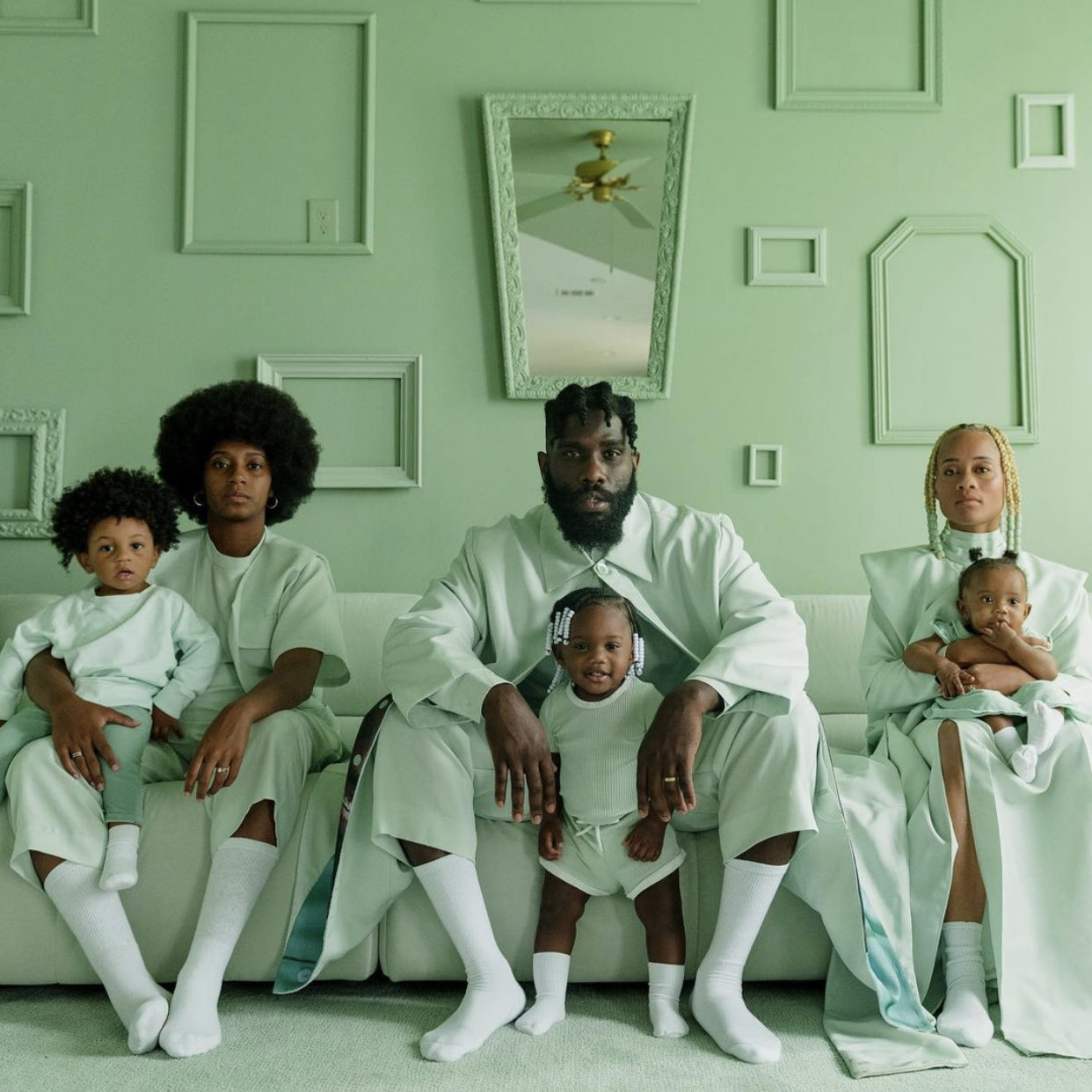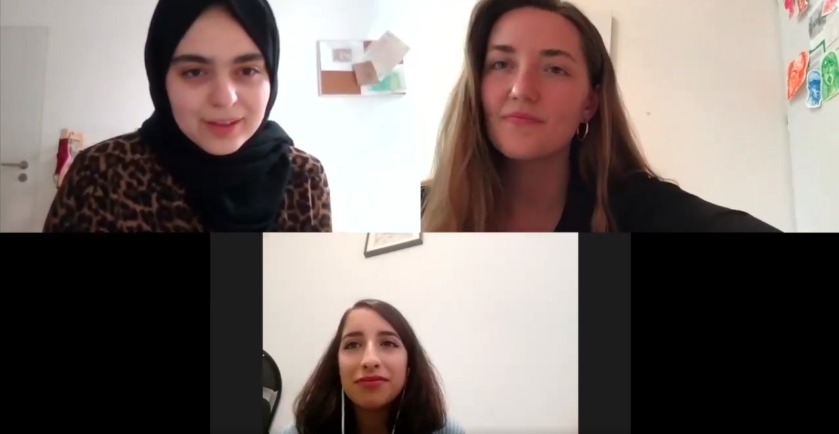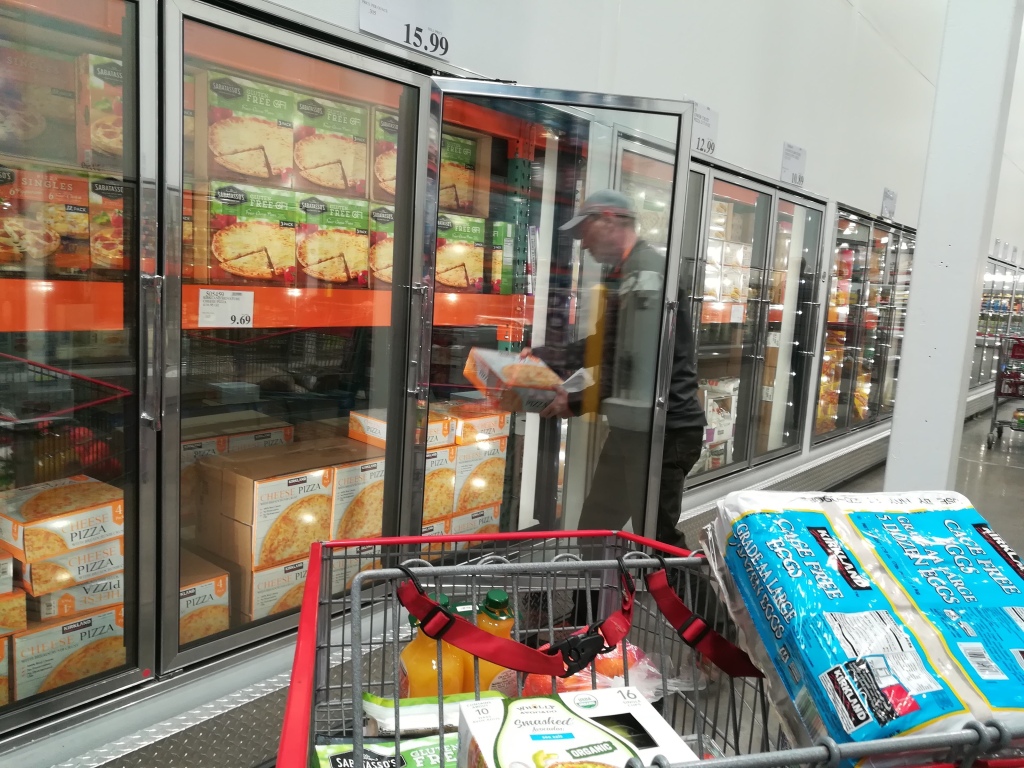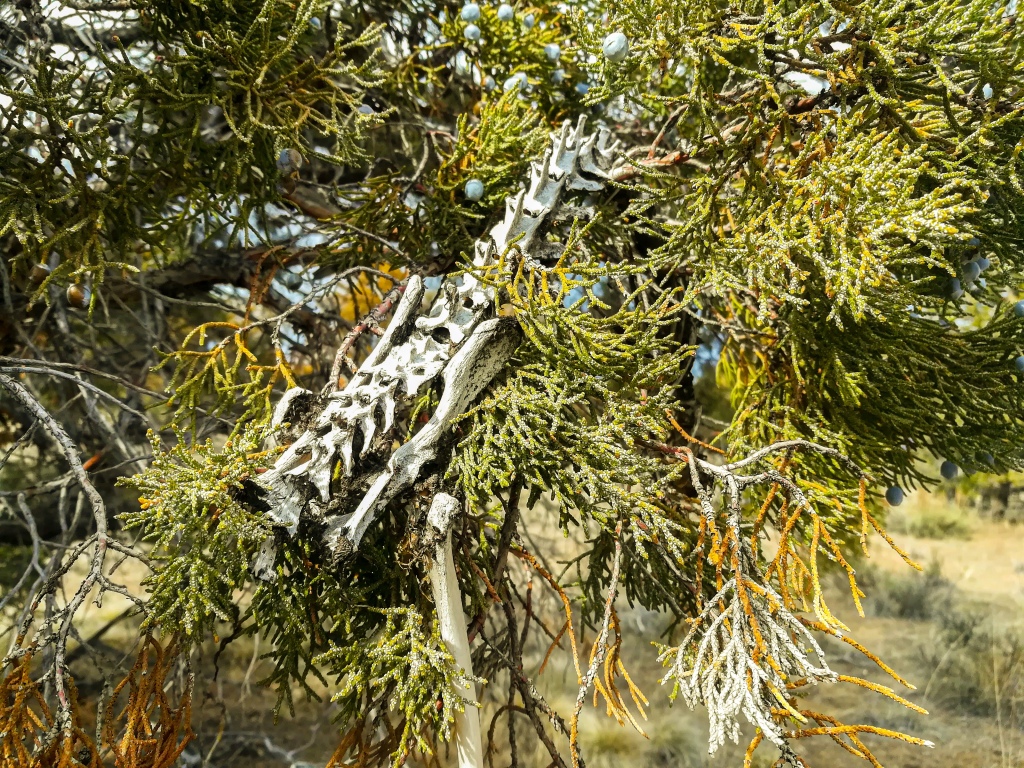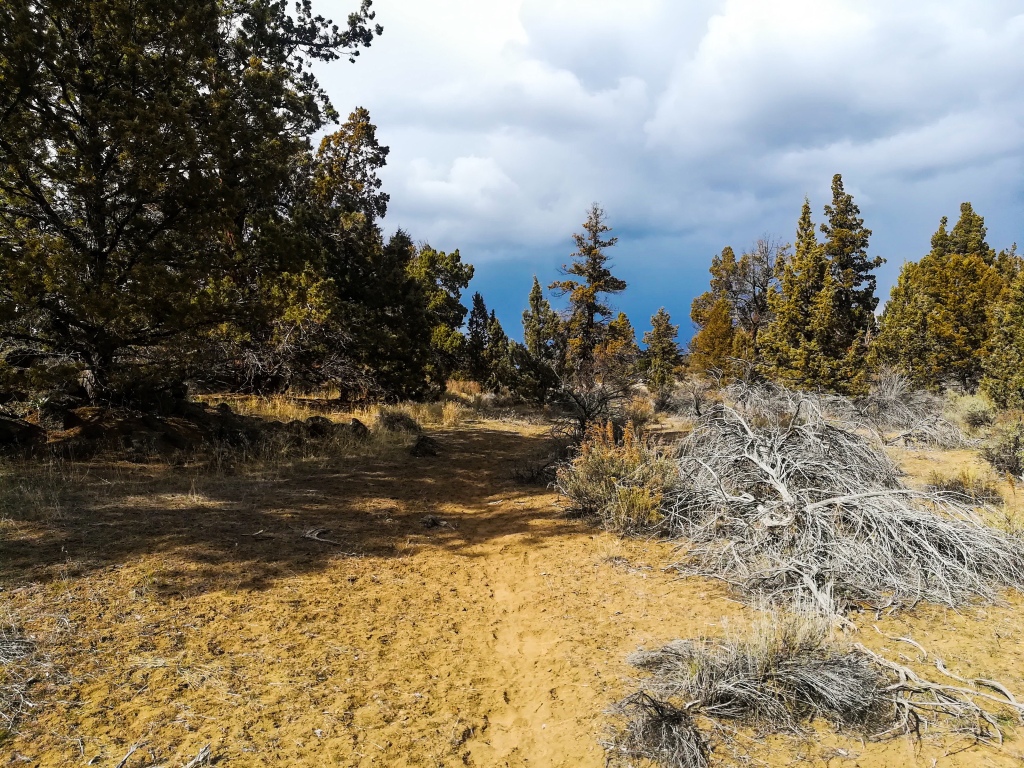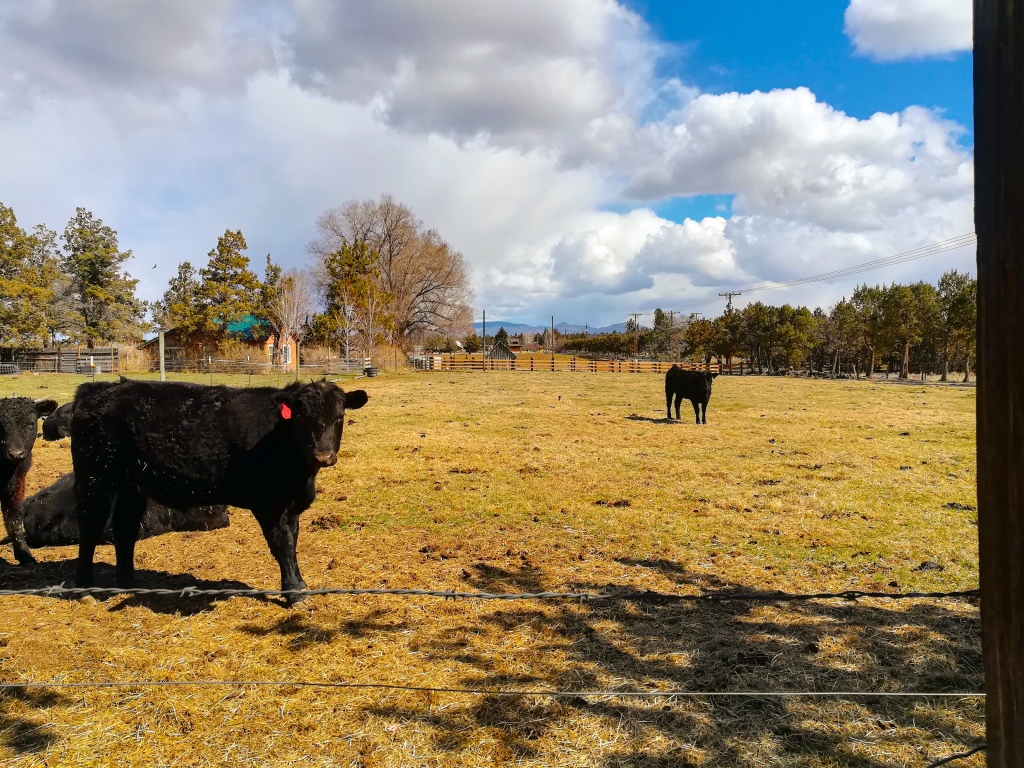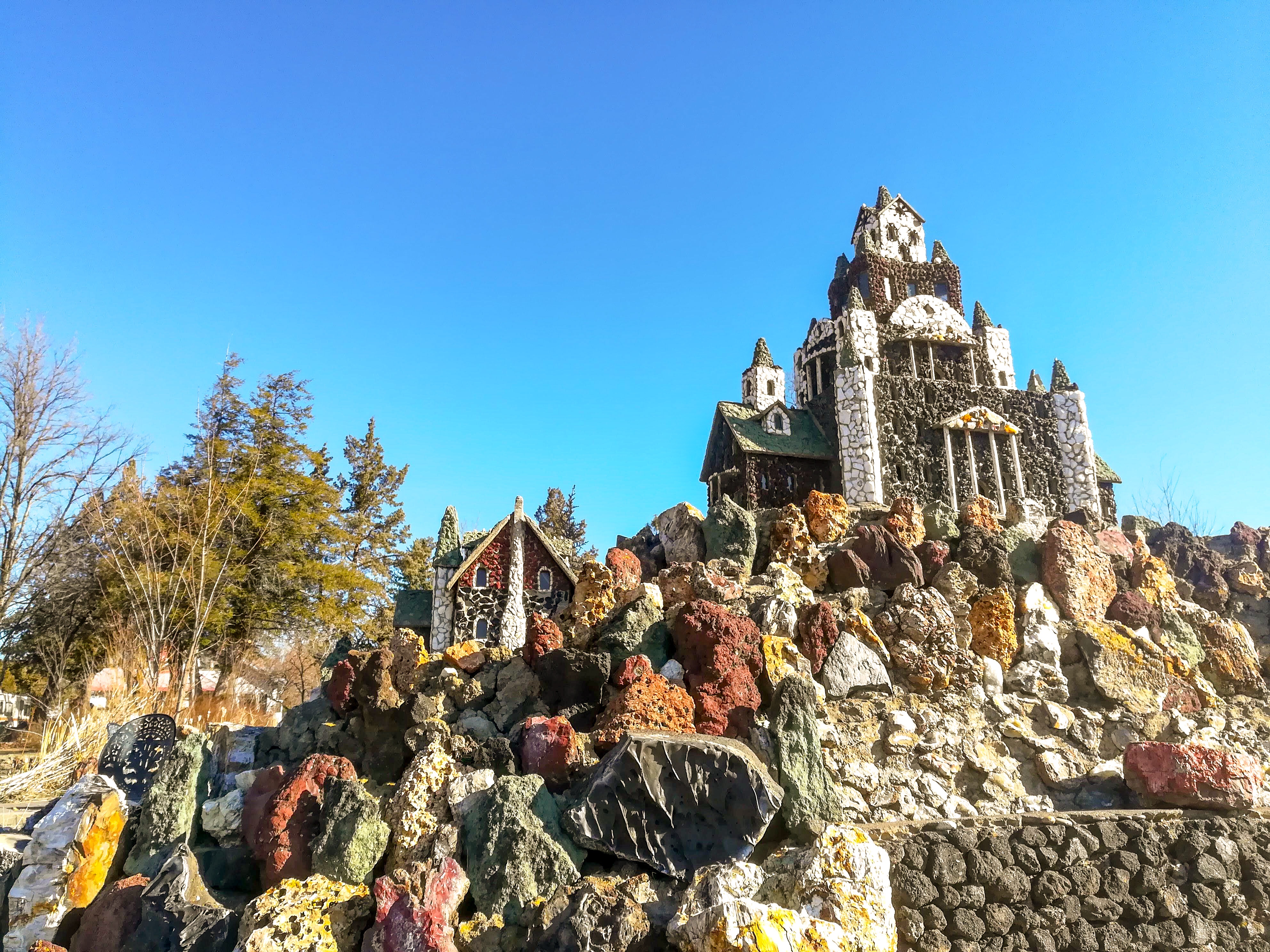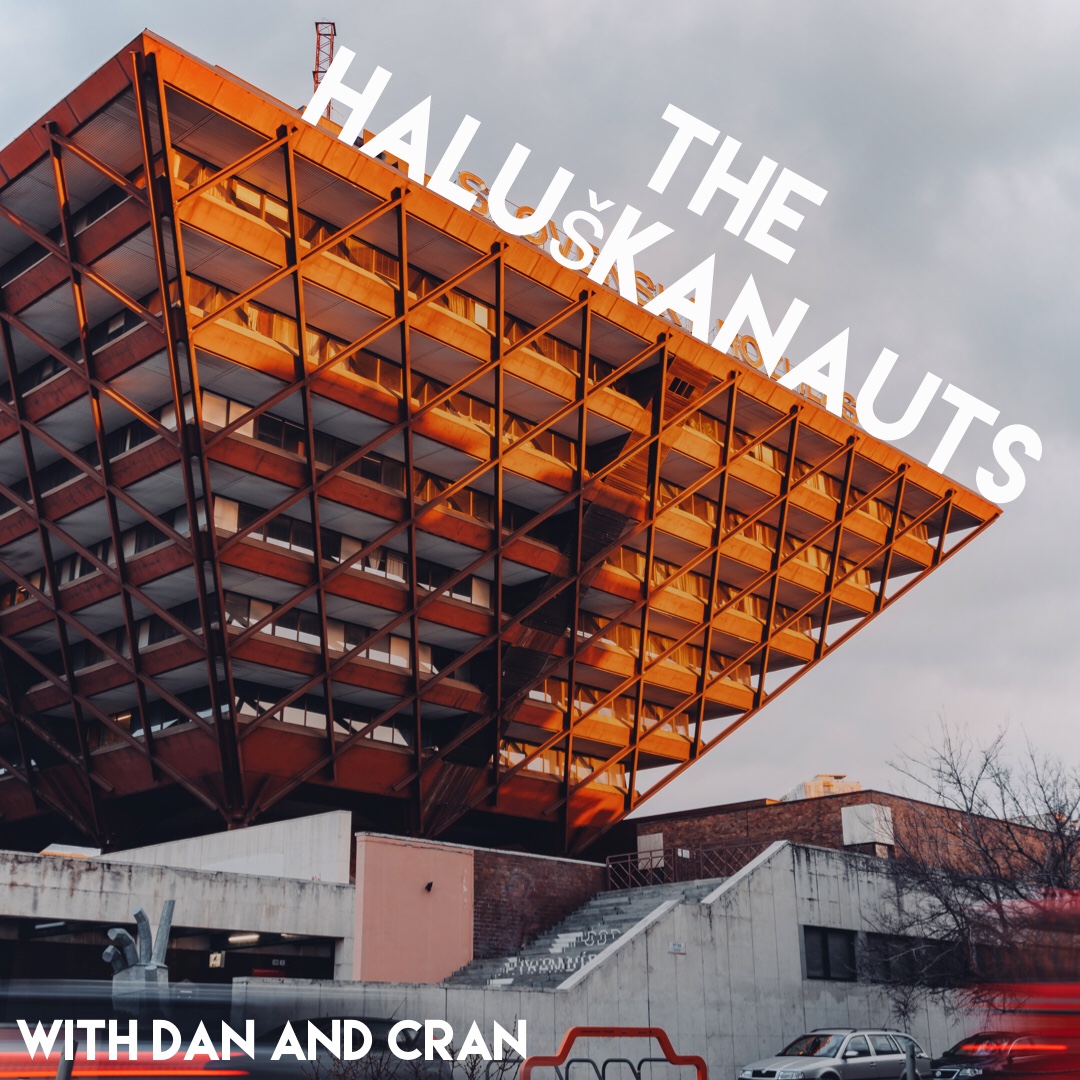
The cold February sunshine was jabbing at the patchy grasses and wizened brush along the sidewalk. Walking along the street was a boy whose short blonde hair was collected into a small ponytail at the base of his red neck.
Slavoj, the son of Slovak immigrants, who, despite living his entire life in a tiny West Virginian town and unable to speak more than a few broken sentences of his mother tongue, carried his Slavic heritage in a locally unpronounceable name. As he hobbled down the wide empty street on the edge of town, his booted cast clunking heavily on the cement, he kicked at a rock in anger.
Slavoj’s mother had requested he spend his hallowed Saturday morning to go and purchase two jars of creamed honey from Saint Helen’s Cross Convent so she could bake a pear tart for their dinner guests that night. She could have quickly sent him to the small shop across the street. Still, instead, out of some desire to buy locally and another for the almost unearthly taste of the creamed honey from the sisters at Saint Helen’s, she sent her injured son (albeit not badly) a mile and a half up the road to the convent.
Deciding he couldn’t go a step farther, Slavoj walked a few feet off the sidewalk and sat down on a large rock, determined not to move from there until his mother came to pick him up in her honda. He opened up his phone to call her but instead began to flick through his old pictures absent-mindedly. A view of his sister’s cat. A photo of his left ankle, shrunken and white, that he snapped while getting his cast redone. The boys’ treehouse, far back in the woods of his house. Finally, he paused at a photo from last week at the hospital. His father’s eyes looked wide but not scared. His bald head wasn’t shiny, more of a muted tan. Slavoj clicked his phone shut and stood up from his rock. He would not call his mother; he was cold anyways.
Saint Helen’s was a simple gray building, it had none of the majesties of the convents in the big cities or European countrysides, but it was pleasant enough. Tidy, large, and squat, the building had a tentatively welcoming charm. A large white and red sign was leaning against the entryway pillar; it read:” SHOP THIS WAY” with an arrow pointing around to the side of the building. An addition was added to the side of the main building; it had expansive windows and large glass doors. Slavoj peered inside the doorway could see shelves loaded with honey jars and preserves, as well as a middle-aged nun who waved him inside.
The air in the shop was warm and smelled like he supposed a gingerbread house would. Several other customers (mostly white-haired) milled around, loading their plastic shopping baskets with jars and brown paper sacks filled with pastries. There was something in Slavoj that started to make him sweat. He limped up to the sister in gray and told her that his mom needed “two big jars of the summer creamed honey.”
Despite the awkward briskness of the boy’s request, the big woman nodded. Standing to her feet and harboring a slight smile, she walked to one of the many shelves. With a deep and gentle voice, the woman (showing Slavoj the two jars) asked if this was what he was looking for.
Slavoj stared into the woman’s face; he saw a flyaway gray hair, whiskers around the mouth, wrinkles around the eyes, and a slightly downturned nose. She looked nothing like his mother, which made him wary of her. She felt comforting yet foreign. He almost afraid. “Yes, I think that’s what mom wants.”
She moved back to the cash register and set the jars on the table. She cracked her fingers and typed a few things into the computer next to her. She then flicked her eyes back to the boy. “Anything else?”
He felt his face heat up, his heart rose in his throat, and he couldn’t speak. All that Slavoj could do was shake his head no. He glanced at the pay till and handed over 14 dollars and 50 cents to the woman (the exact amount his mother gave him); he watched his hands tremble as he put down the cash. The woman observed him, and as he loaded his backpack and started walking towards the door, she rounded the counter, grabbing some straws of honey as she went. The sister beat him to the door and held out her handful of honey straws; they were colored red, yellow, and green. Passing them into his hand, she looked him in the eye and said, “God loves you and sees how you help your mother.”
Slavoj wasn’t quite sure what to say; he mostly just felt like he wanted to start his long journey home. Holding the straws, he said thank you and began to make his way back around the main building. He shoved most of them in his pocket but snapped one of them in two and began to suck out the red-colored honey. It had the taste of flowers and raspberries. The sweetness washed over his tongue, and he tasted it for hours afterward. He slowly hobbled home, thinking about the sister’s wrinkled eyes, his mother’s pear tart, and what had made him so scared.
